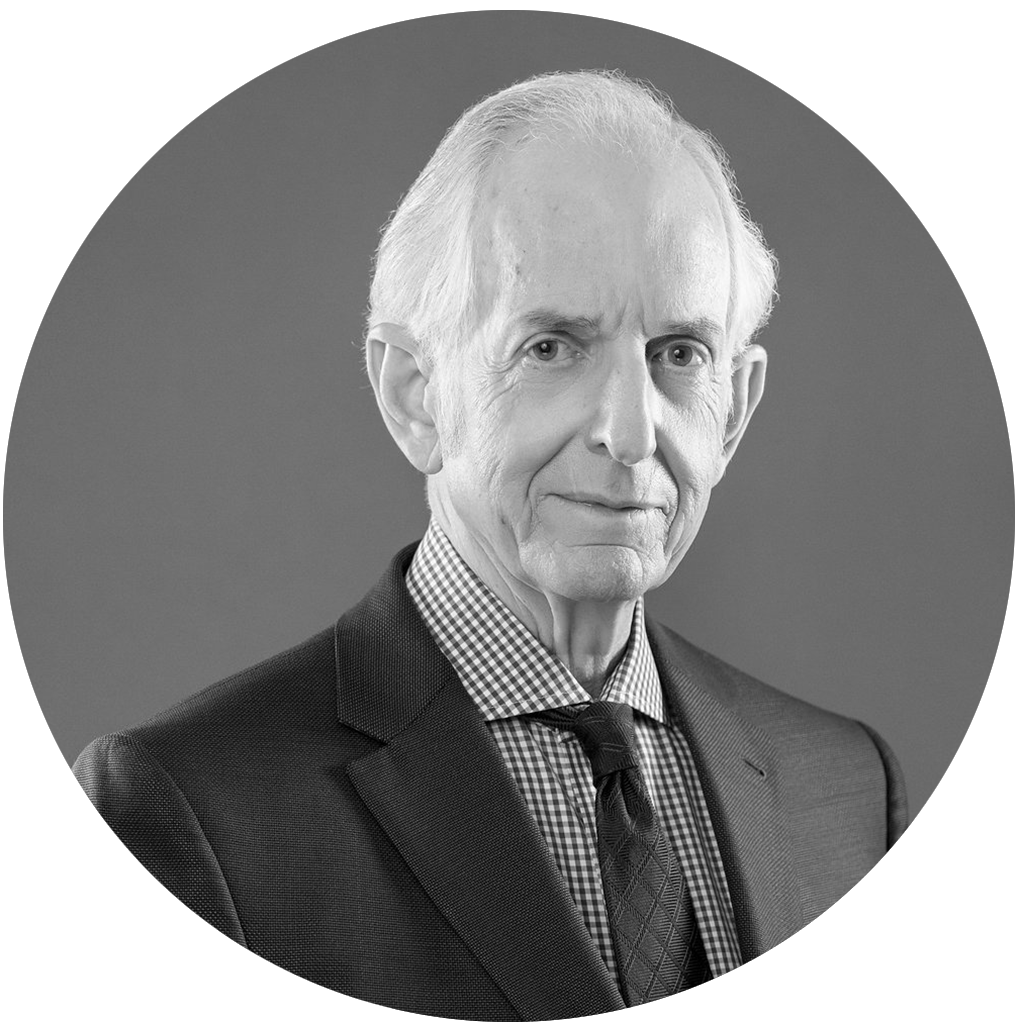The Oracle At Delphi On Picking A Jury: You Found Their Facebook- Now What?
by Larry Carson
In an age of limitless information how do you select a jury? If the Oracle were consulting with you what priorities would she bring to the table? We know that she had two commands for all those entering the holy ground: Know Thyself and Nothing in Excess. Oh what a difference social media makes.
But, I think the Oracle would speak to us today and ask two questions: Do we really “know” someone based solely on social media postings? And, how can you filter out all the excess noise (i.e. pages and pages of mostly gibberish postings) to find the meaningful signals?
————————
And with that in mind- you’re getting ready to pick a jury
I received an email today from a firm touting their expertise at delivering Social Media Data to Screen Jurors. The following question is posed: “How would it change your jury selection process if you could see the social media profiles of more than half of the potential jurors?”
Good question, but I’m not sure. Instead of dissecting the meaning of “it” maybe Bill Clinton could shed some light on the meaning of “see”? But, nevertheless…
Eureka! You found the juror’s Facebook page. The problem (and there are way more than just one) is that it’s over 500 pages filled with pictures, posts, comments, updates, down dates and sideways dates. There is absolutely no way you can make sense of it, and now you’re being asked to evaluate this potential juror in the next few minutes. And- that evaluation is taking place by adding the Facebook record to the questionnaire answers and then to the voir dire responses and finally dividing it by the body language thus coming up with an answer to justify a single digit rating. And- with all the calculations preformed in your head during a time crunch. Can you spell migraine?
Avoiding Assumptions
In his New York Times bestseller, Thinking Fast and Slow, Daniel Kahneman discussed heuristics- “roughly, a rule of thumb to make a difficult judgment”- but pointed out that relying on heuristics causes a predictable bias.
We are prone to exaggerate the consistency and coherence of what we see: The exaggerated faith of researchers in what can be learned from a few observations is closely related to the halo effect, the sense we often get that we know and understand a person about whom we actually know very little.
Kahneman describes two types of thinking:
Fast Thinking– designed to jump to conclusions from little evidence and to view the information that is available at a given moment as all there is.
Slow Thinking– More deliberate and effortful. Overcomes the impulses of Fast Thinking.
————————
Betting on biases with unstructured data
But, wait, there’s more. The before mentioned email goes on- “Would you choose a juror with a Facebook full of racist posts?” It depends. Might be a good choice and it might not be. Here’s what Kahneman has to say: “Jumping to conclusions is efficient if the conclusions are likely to be correct and the costs of an occasional mistake acceptable, and if the jump saves much time and effort. Jumping to conclusions is risky when the situation is unfamiliar, the stakes are high, and there is no time to collect more information.”
Certainly taking Kahneman’s advice and not jumping to conclusions would be the best approach. Relying on a limited dataset sitting in your head and trying to come up with an appropriate rating is extremely difficult. But it happens. Time and time again.
Kahneman continues: “The way to block errors that originate in System 1 (Fast Thinking) is simple in principle: recognize the signs that you are in a cognitive minefield, slow down, and ask for reinforcement from System 2 (Slow Thinking).” But he points out the reality of the situation: “Unfortunately, this sensible procedure is least likely to be applied when it is needed most. We would all like to have a warning bell that rings loudly whenever we are about to make a serious error, but no such bell is available, and cognitive illusions are generally more difficult to recognize than perceptual illusions. Questioning your institutions is unpleasant when you face the stress of a big decision. More doubt is the last thing you want when you are in trouble. The upshot is that it is much easier to identify a minefield when you observe others wandering into it than when you are about to do so.”
Let your opponent be the one wandering into the minefield…
Kahneman’s thoughts also parallel selecting jurors when using only heuristics to make difficult judgments- “Emotion now looms much larger in our understanding of intuitive judgments and choices than it did in the past. The executive’s decision would today be described as an example of the affect heuristic, where judgments and decisions are guided directly by feelings of liking and disliking, with little deliberations or reasoning.”
…while you take the high ground
But, suppose there were two teams- the lead team (Fast Thinkers) in the courtroom and the research team (Slow Thinkers) behind the scenes (think NFL draft day). With communications going back and forth throughout the selection process- researching, analyzing, sounding warning bells, and providing insight based on large datasets- you would be able to reach conclusions weighted heavily on facts and hold the advantage of seeing the entire field.An enviable position to say the least.
“Seeing” a Facebook profile is one thing. Seeing “into” the profile while filtering through the excess is what can make the all-important difference. Know Thyself. Nothing in Excess. Words of wisdom that continue to resonate.


